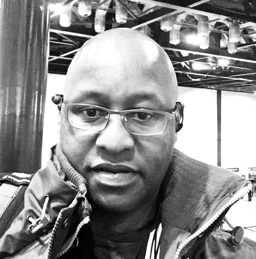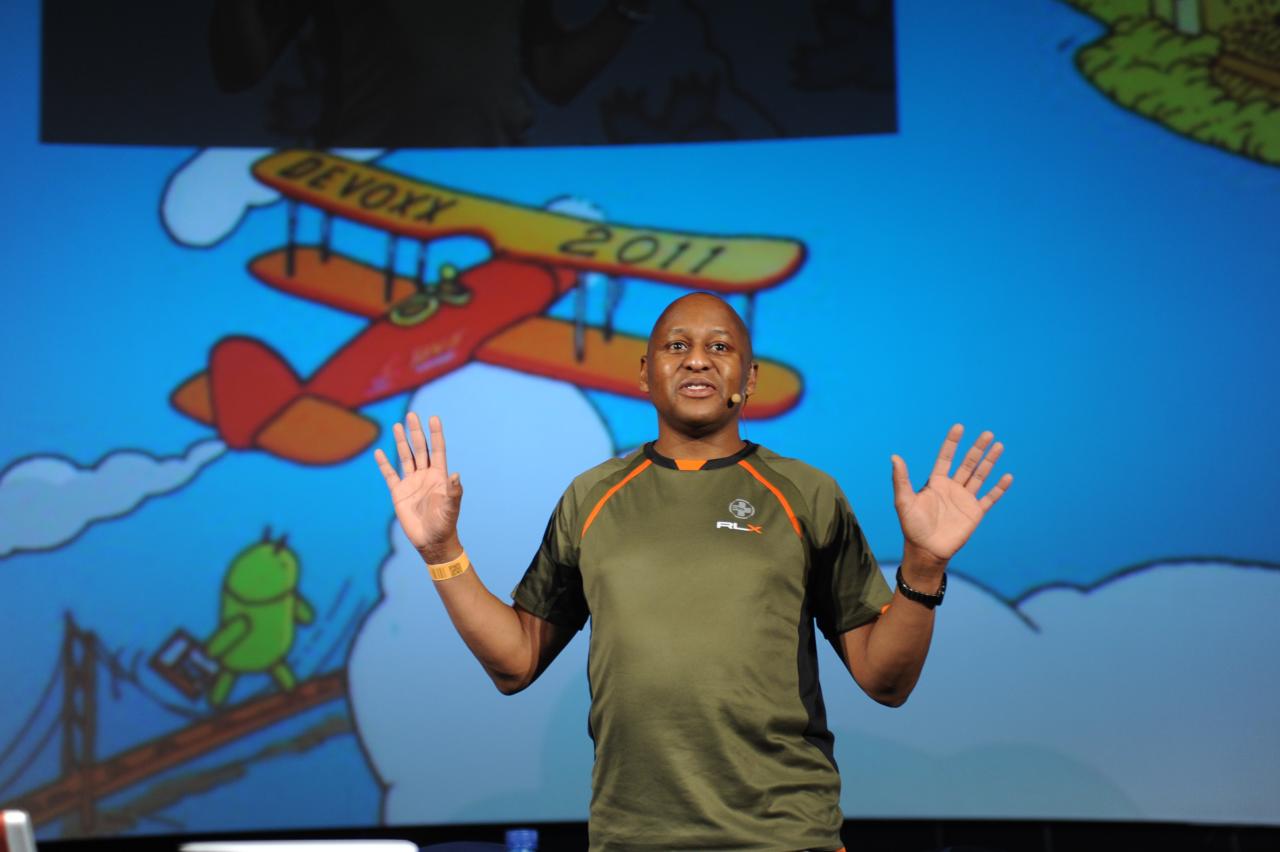PEAT Online Course -
How To Improve Your Personal Performance in Java work Technology

